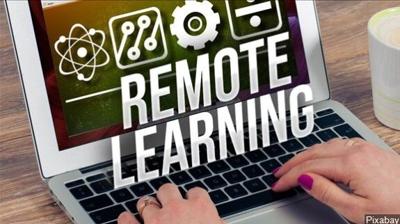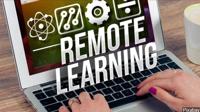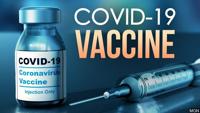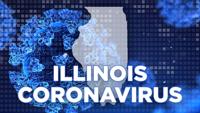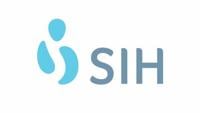(WSIL) -- News 3 is digging deeper into how parents and educators can better reach children in special education.
The focus in our two-part series "Beyond the Classroom" is the with a learning difference and ADHD face during remote classes and how school officials are meeting those needs as well as .
A local expert also shared tips for parents with our Brooke Schlyer that can help children at home and in the classroom.
Her name is Michelle Kibby, and she's clinical neuropsychologist and professor at Southern Illinois University. Her focus is on learning disorders, ADHD, language impairment, and autism spectrum disorders.
The research that Kibby conducts explores why these disorders happen and the impacts it has on those diagnosed with them.
Learning disorders include reading, math and writing differences.
Kibby says reading disorders are especially challenging for students.. because a lot of instruction is through textbooks or written materials on the internet. This impacts English and Language Arts, but also Science and History classes where students have to read a book chapter and answer comprehension questions.
Now with remote learning, some lesson plans that the teacher would normally give in front of the class. ight be posted online as reading assignments.
Kibby suggests parents reach out to the school, and see if there are any online versions of the book or servers that read to the student.
"It will make words bright or highlight it as they go, so the child can read the text book with the computer," she explains of those programs. "That helps them to read better because they're having the word read to them while the see it. It also helps them to get the material better because they're getting those words they don't know how to read, read to them."
Kibby says for students with ADHD, they already have a hard time focusing in the classroom when the teacher is in front of them. With virtual classes, It's very difficult for those students to sit and pay attention to an online lecture or read materials while at home.
She recommends parents reward children for staying focused starting with short increments of time, then adding a few minutes as they show progress.
"Gradually work to build that attention span through a positive reward system," Kibby explains. "We don't want to punish them when they don't make it, they do struggle."
For younger children, immediate rewards for reaching their goal like a piece of candy is the best. For those in their teens, it's check marks letting them work toward something bigger.
For all ages, once the attention span is reached, have the child take a break that's up to 10 minutes. Then have them return to work up to the length of their span again.
A similar system can also be used for other challenges that students might be having like completing their homework.
"One could set up a system of rewards for turning in assignments daily or for double checking that each item was completed before turning in the assignment," she adds.
For parents with children diagnosed with ADHD, Kibby suggests a few books:
When it comes to reading disorders these can also be helpful:
For more information on Kibby and her private practice Child and Adolescent Neuropsychology Services of Southern Illinois, call (618) 490-1263.

